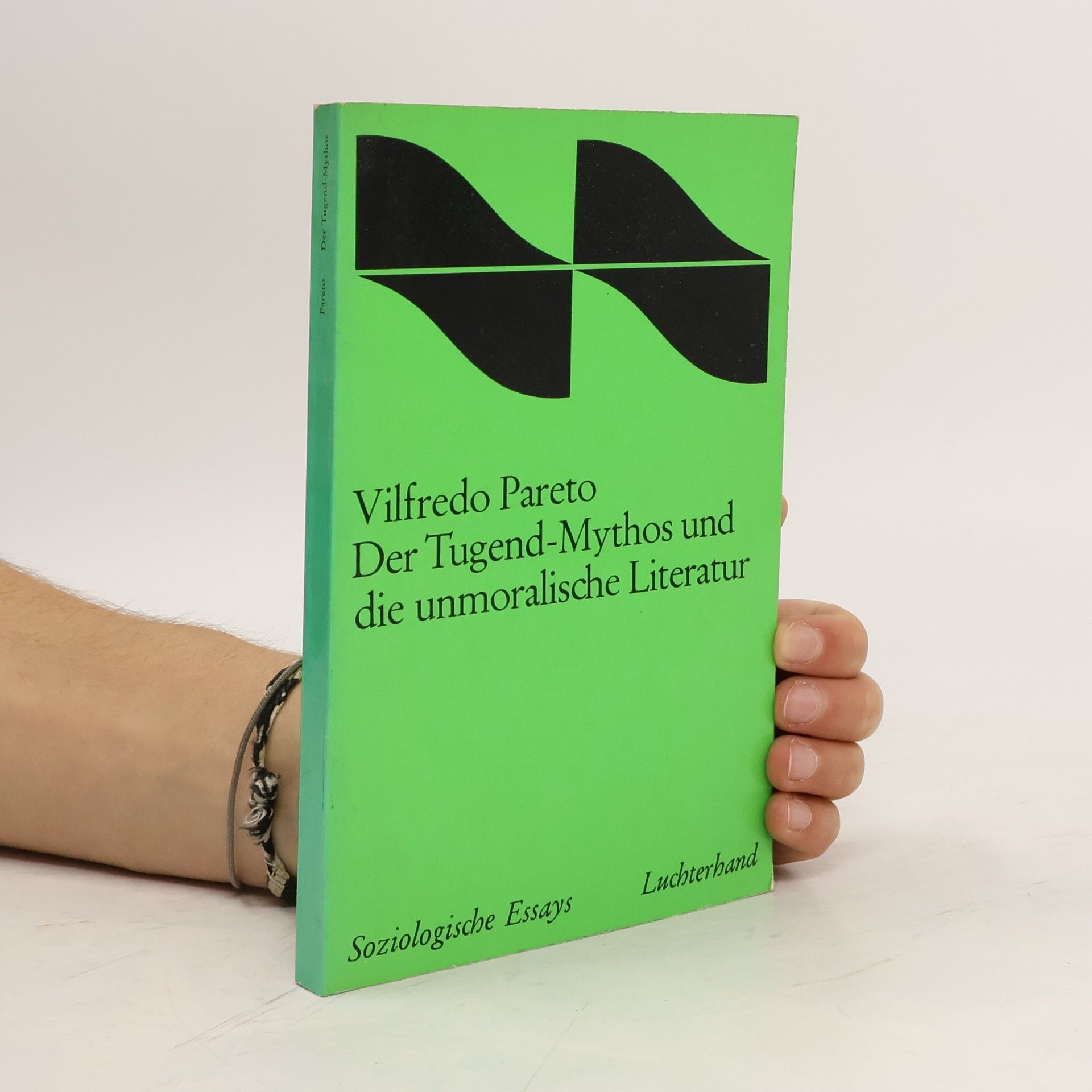Vilfredo Pareto offers deep insights into human behavior and social dynamics, focusing on the interplay of power and elites. His analytical brilliance reveals how societal structures and individual minds are interconnected, providing a timeless exploration of the complexities that govern social interactions and hierarchies.
Vilfredo Pareto Book order (chronological)
This author delved into the patterns of income distribution and the analysis of individual choices. His work laid groundwork for the study of microeconomics, introducing key concepts like Pareto efficiency. His observations on the unequal distribution of resources, often summarized as the Pareto principle, continue to shape thought in economics and sociology. His approach emphasized understanding systems and human behavior through quantitative analysis.





Manual of Political Economy
- 656 pages
- 23 hours of reading
Pareto is credited with helping the development of microeconomics. His Manuale of Political Economy in Italian in 1906 (French ed. 1909) introduced the analytical approach that has informed a significant part of 20th century economic thinking. This is a revised and extended translation of the Italian 100th anniversary critical edition.
Der Band versammelt zentrale Schriften Vilfredo Paretos und gibt damit einen hervorragenden Überblick über diesen Klassiker der Sozial- und Wirtschaftswissenschaften. Eingeleitet und herausgeben werden die Schriften von Carlo Mongardini, einem der führenden Soziologen in Italien und ausgewiesenen Pareto-Kenner.